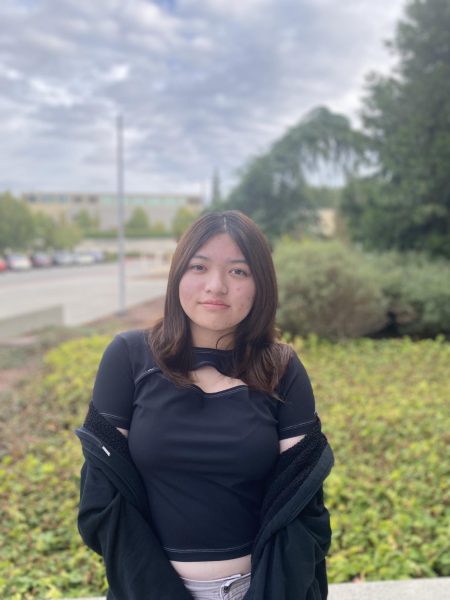For the past few months, posts across various social media platforms have been asking audiences if Asians born outside of Asia, specifically in America, are truly part of the Asian community. Arguments that Asian American individuals are “white-washed” (more familiar with American culture) or “decide” to be ignorant to Asian customs come up an endless number of times when getting to the bottom of the issue. While the answer to this debate conclusively seems simple, the topic dives past simple factors of ethnicity and perceivable characteristics. What truly matters in settling this question is the culture that individuals under the Asian American label immerse themselves in. Even when acknowledging the differences between the two groups, Asian Americans are still Asian.
A study done by Pew Research Center covered the topic of being Asian in America. All 264 participants in the study had various opinions on where their identity laid as a so-called Asian American. One conclusion of data from Asian immigrants found that “family origin played a central role in [participants’ identities], regardless of their status in the U.S. […] These influences are so profound that even after decades of living in the U.S., some still feel the strong connection to their ethnic roots.” Furthermore, some of these immigrants decided to pass this passion for their culture to their children, introducing them to their country’s food and holidays, and even “[…] sending their kids to special educational programs in the U.S. to learn about their ethnic heritage.” From my experience, my immigrant parents have always filled my life with Filipino media, practices, and dishes. While I did not fully indulge in my culture as a young kid, I remember having so much pride in the Philippines whenever I would hear the name of or talk about the country in elementary school. I was also fortunate to be around so many family and friends from the Philippines that made me feel closer to Asia than not. These experiences have made me feel like I had truly been part of the Filipino community rather than the American one, despite living in Seattle for all my life.
However, there are times when this connection to Asian culture becomes quite difficult. East Asian American Christopher Huang writes about this issue in terms of Asian representation in America, saying, “Perhaps Asians who grew up in Asia had a stronger sense of their own ethnic identity than Asian-Americans who grew up with relatively limited affirmation of their [Asian American] identity. Asians are used to seeing Asians well represented where they are from. Asian-Americans aren’t.” While this may differ based on the area that a person lives in (compare the amount of Asian Americans in the West Coast compared to the Midwest), some individuals do not have the ability to make deep connections with their Asian heritage. They end up clueless of their Asian country’s history and only know about very basic information. Additionally, Associate Professor of History and the Director of the University of San Francisco’s Yuchengco Philippine Studies Program James Zarsadiaz, who was interviewed by Esquire Philippines, mentions this struggle and notes that in the Philippines specifically, “There’s a kind of a ‘damned if you do, damned if you don’t’ dilemma. […] Unfortunately, even when Filipino-Americans are encouraged to deeply engage with their heritage, sometimes their efforts are dismissed as superficial and trite or they’re ‘trying too hard.’” Some Asian Americans even find themselves discouraged by their own people to not be a part of their Asian culture. Having this superiority complex is detrimental to the community that Asians build and rather enforces beliefs against Asian Americans’ Asianness than discourages it. Factors like these conclusively make Asian Americans become more accustomed and fond of their American side, pulling them away from their ethnic heritage not by their own choice.
As you can tell, I am Filipino American and only tell stories that can be reminiscent of those like me. Furthermore, it is not my job nor anyone else’s to determine whether someone is a “true Asian.” Everyone, both in Asia and America, is brought up with differing customs and aspects of culture that it is impossible to generalize what the real Asian experience is. In the end, it is only up to a person’s own self to decide where they stand in their identity. As a community that shares even the slightest similarities, we Asians and Asian Americans must be willing to accept each other and anyone finding their way through this culture.


